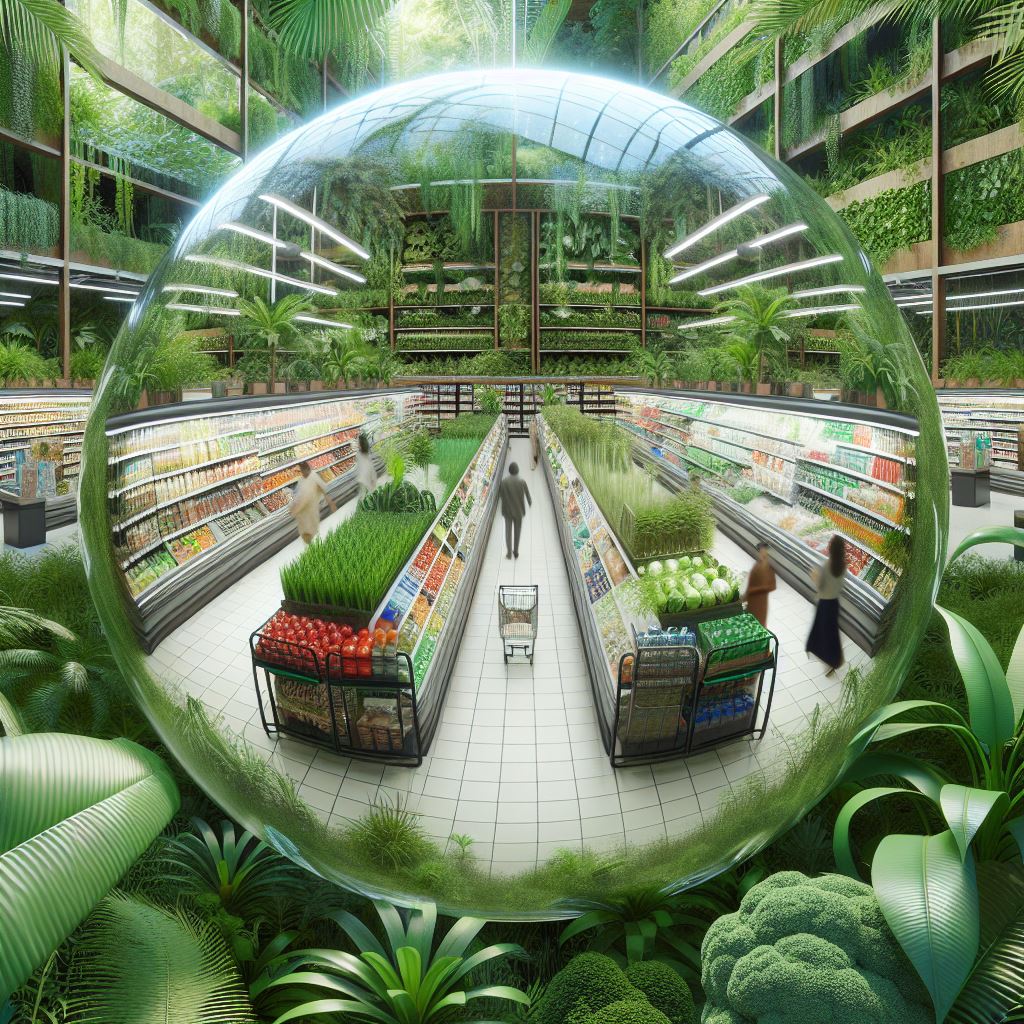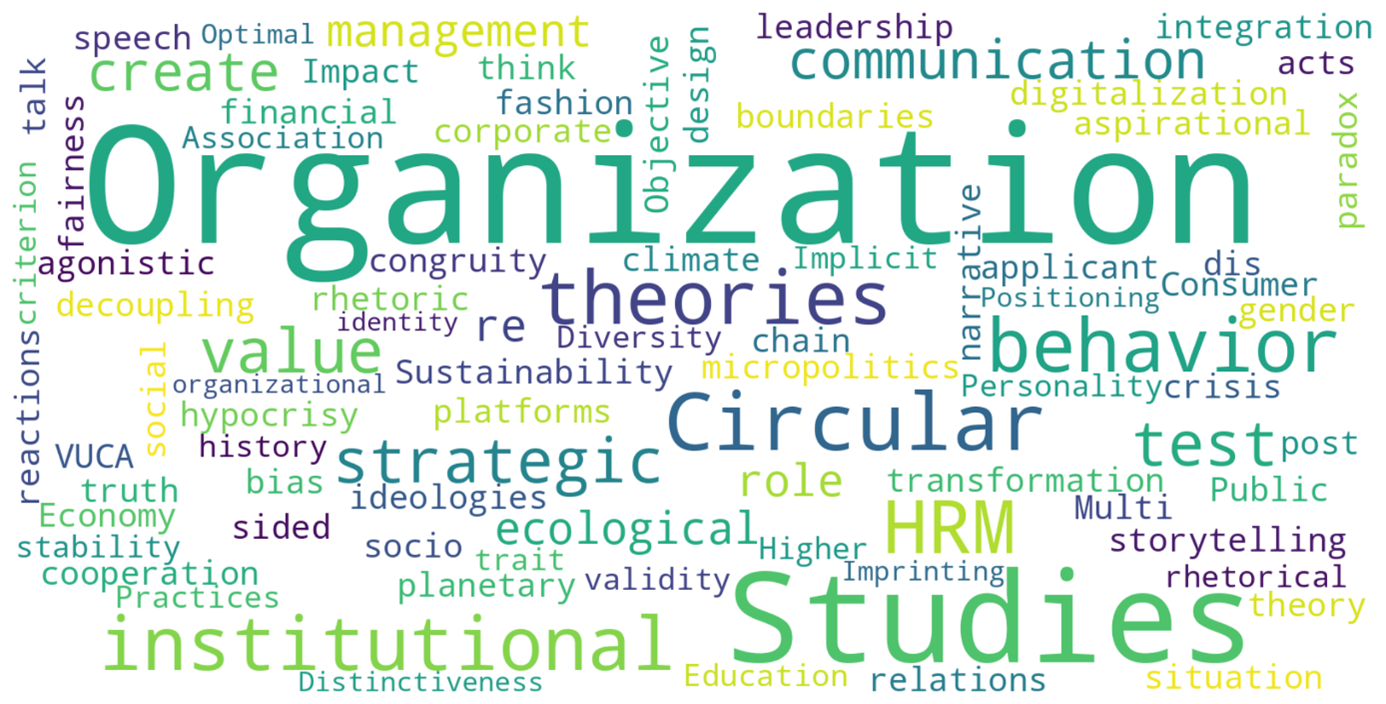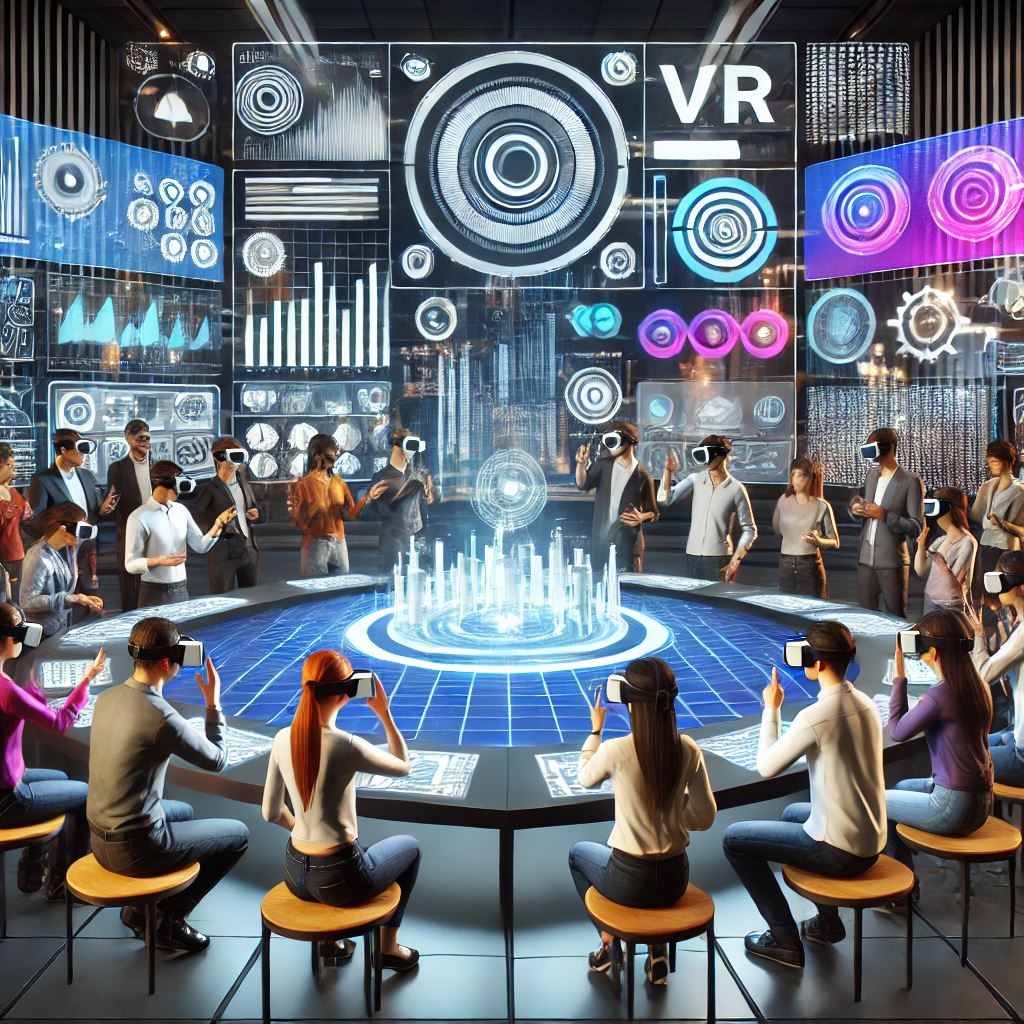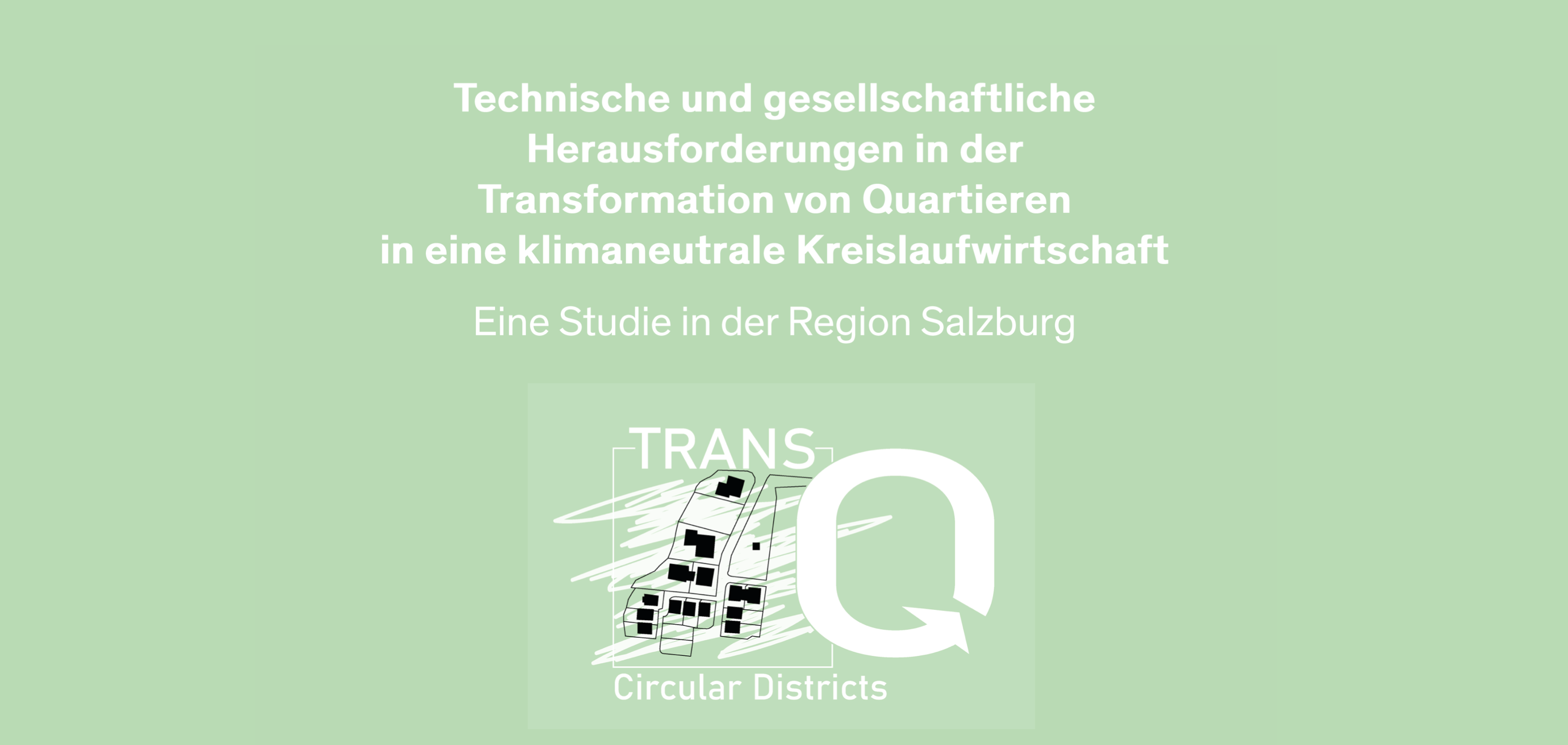NEWS
-

Image credit (illustration) © Skyoverse on pixabay.com Building Tomorrow
Workshop on sustainable construction – lectures by experts from research and practice
The focus of the event is on circular approaches that consider the lifecycle of building materials and circular construction concepts, as well as their social and political frameworks. Experts from practice and research will present innovative materials and construction methods that reduce raw material consumption and promote reusability. The following topics will be addressed:
– Technical possibilities
– Regulatory requirements
– Ecological & social frameworks
– Circular business model development
Interested parties are warmly welcome. Admission is free, but registration at Building Tomorrow 2025 is required.
For more details about the event, please refer to the program folder. -

Image credit: AI generated REGAL RE|TECH AWARD
Award by the magazine “REGAL” for trade & industry
The REGAL Re|Tech Award recognizes outstanding technological innovations by companies that sustainably shape both brick-and-mortar and digital commerce. The award provides companies with a valuable platform to present their proven, pioneering projects to key decision-makers in the industry, as well as to a broad audience and potential partners, thereby helping to shape the transformation in commerce.
The award is presented in four categories:
– Checkout & Smartstore: Technologies that improve the customer journey, such as optimized checkout processes or smart store solutions.
– Robotics & AI: Advances in robotics and artificial intelligence that promote efficiency and customer orientation in commerce.
– Sustainability & Impact: Projects that impress with environmentally friendly and socially responsible approaches.
– Design & Usability: Solutions that stand out for their user-friendliness and appealing design.
Who should apply? The award is aimed at companies, start-ups, and innovators who have developed sustainable and innovative solutions in commerce. Particularly invited are those who achieve positive impacts on the environment and society with their projects. Companies that present technologies or business models geared towards a more sustainable future in commerce are encouraged to apply.
What is particularly evaluated? The evaluation focuses on the concrete, measurable effects of the submitted projects in the area of sustainability. Projects that contribute to the reduction of CO2 emissions, resource conservation, or the promotion of a circular economy are particularly considered. The innovative strength of the solutions, their relevance to the trade industry, as well as their implementation and scalability, are also assessed.
Where do you see special opportunities? Special opportunities lie in the development of solutions that make commerce more ecological and socially responsible. Companies that present approaches to waste reduction, emission reduction, or improvement of supply chain transparency can position themselves as pioneers in the field of sustainable transformation. The focus on sustainability offers not only ecological benefits but also economic potential to achieve a long-term competitive advantage.
The application period runs from December 1, 2024, to April 1, 2025.
The award ceremony will take place as part of the REGAL industry meeting on June 5, 2025, at the Messe Wien.
For more information about the REGAL Re|Tech Award, please visit the award’s website. -

Image credit: AI generated DSP College for Organization Studies
The Marketing Unit is a member of the DSP for Organization Studies.
The Doctoral School PLUS (DSP) “Organization Studies” is a research platform at the Paris Lodron University of Salzburg that focuses on the institutional expectations and demands placed on organizations and their responses to these.
Through interdisciplinary collaboration and a broad theoretical foundation from the fields of organizational and management research, communication science, psychology, and consumer behavior, the DSP “Organization Studies” examines the central role of organizations and organizational practices in shaping and adapting to dynamic challenges in business and society. A key goal of the DSP is to empirically test and further develop existing organizational theories.
The five research focuses of the DSP for Organization Studies are:
– Adoption of Structures and Practices
– Circular Economy and Organizations
– Psychological Diagnostics
– Human Resource Management (HRM)
– Organizational Communication
For more information, please visit the DSP College for Organization Studies page. -

Image credit: AI generated Articel in the Journal of Retailing and Consumer Services
„Interactive product presentation in an immersive environment: The
influence of functional control on hedonic aspects“ von A. Kinzinger, W. J. Steiner, M. Tatzgern und Ch. Vallaster
Functional control in webshops allows consumers to virtually experience the different functions of a product. To date, however, the potential benefits of enabling functional control in online product presentations in addition to standard visual control have only been studied and proven for non-immersive virtual environments but not for immersive virtual reality shopping experiences in webshops. We close this research gap by comparing an immersive product presentation format with visual control (grabbing a product and viewing it from different angles) to that of an immersive product presentation format with additional functional control (experiencing and inspecting the different functionalities of the product) by means of a between-subjects experiment. Our special focus is on the influence of functional control on the hedonic aspects of online shopping since interactive immersive webshops are known to offer particular potential to enhance the hedonistic shopping experience of consumers. Our findings suggest that (1) the possibility to try out product functions in an immersive environment can significantly increase the shopping experience of consumers and that (2) hedonic aspects like the enjoyment of consumers actually seem to play a highly important role in immersive webshops. Accordingly, as a practical implication of our study, companies should consider investing in functional control elements when presenting their products in immersive virtual reality webshops as a way to gain a competitive advantage.
You can find the full article at this link. -

Climate-Neutral Neighborhoods
A Study in the Salzburg Region on the Challenges of a Climate-Neutral Circular Economy in Neighborhoods
This study examines the path towards climate-neutral energy supply and the associated challenges and potentials in the context of neighborhoods in peripheral settlement areas.
It highlights the paradigm shift from centralized to decentralized energy supply, focusing on aspects such as the development of energy infrastructure, the pursuit of energy self-sufficiency, the improvement of energy efficiency, and the implementation of energy storage systems. Societal challenges in the implementation of decentralized renewable energy systems are discussed, including the harmonization of different interests and the potentials of energy communities as alternative social forms.
Using the example of peripheral settlement areas in Salzburg, the contribution of neighborhoods to achieving climate goals is examined, presenting both methodological approaches and empirical results from a technical simulation and a survey. Finally, conclusions are drawn and recommendations for the further development and implementation of decentralized renewable energy supply systems are derived.
You can find the full report here.




